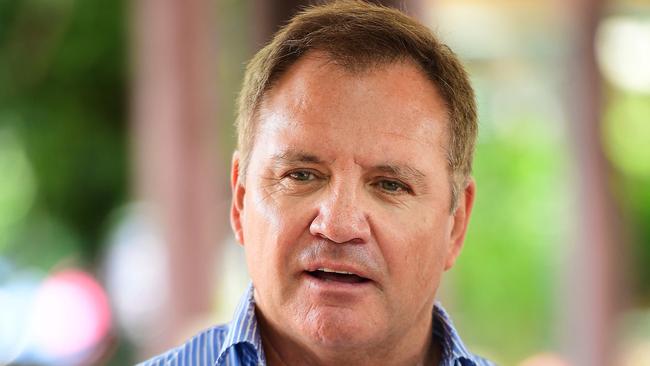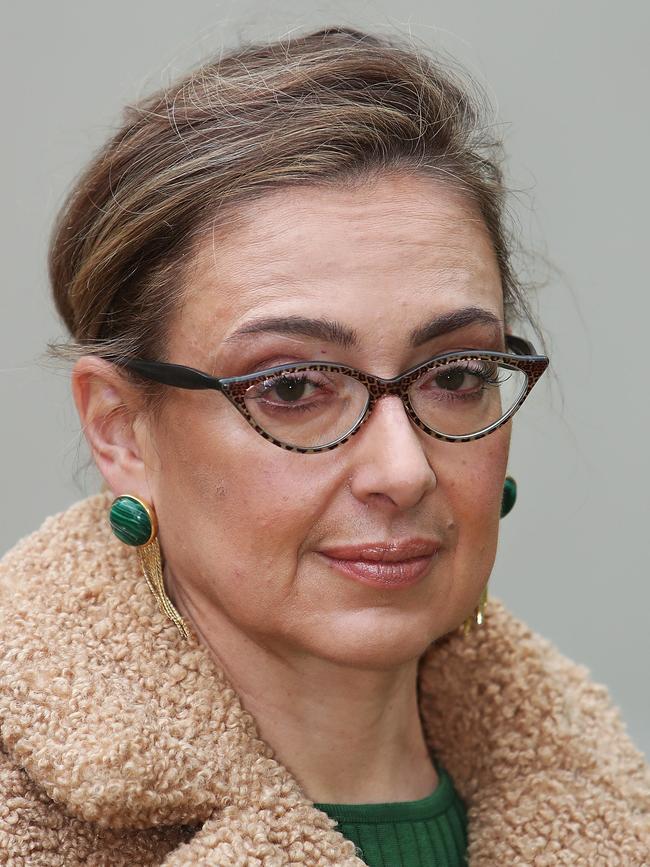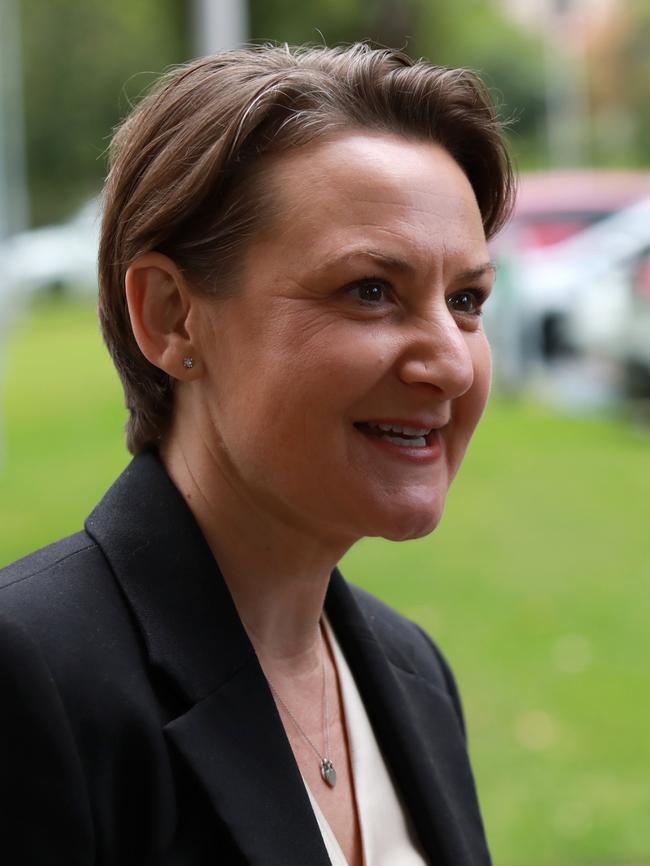Private hospitals on life support amid funding woes
Neale Fong is the latest health administrator to warn that private hospitals will close without additional support from health insurers.

More private hospitals will close in coming months without government intervention to address private health insurance payouts, says Neale Fong, former director-general of Western Australia Health.
Now running the not-for-profit operator Bethesda, which in February announced the closure of a near-new private mental health hospital in Perth’s south, he said growing pressures on private hospitals would ultimately spill over into the public health system.
“The outcome is that the public system will hit a crisis point,” Dr Fong told The Weekend Australian. “If there’s only one other place for the patients to go, which is the public system, then emergency departments get clogged up with mental health patients who, if the private mental health hospitals were operating, we would have cared for some of those people.
“But because they can’t be cared for, they get sicker and end up in emergency departments.”
The Australian this month revealed that several private hospital providers had briefed Health Minister Mark Butler on their increasingly difficult financial positions.
A report by consultancy EY on behalf of the private hospital sector spelt out those pressures and warned that more hospitals, health clinics and dental surgeries could close.
ASX-listed Healthscope, which operates dozens of private hospitals across Australia, has been under growing pressure to restructure its debt amid growing concerns over its liquidity.
Bethesda suspended services at its $60m Cockburn clinic in February after nine months of operations, with Dr Fong pinning the blame on private health insurer rebates that fell well short of what was needed to sustain the hospital.
Occupancy of the 75-bed facility had been ramping up slowly and had peaked at 27 before the decision to close it.
Dr Fong said the occupancy had been growing steadily, but it would have been losing millions of dollars a year regardless of demand.
“Even if it was at full capacity, we would have made the decision to shut because the reimbursement rates were just insufficient,” he said.
Reimbursement increases across the private health space, he said, were growing by 1 to 3 per cent a year – well below the rate of inflation in the sector.
“Wage costs have gone up, supply costs have gone up, interest rates have gone up, everything’s gone up, and yet we get offered just 1-3 per cent,” Dr Fong said.
“More private hospitals will go to the wall.”
Rachel David, chief executive of the health insurers industry body Private Healthcare Australia, pinned Bethesda’s issues on the excess number of empty beds and a shift towards treating more mental health patients in the community rather than in hospitals.


“If a hospital has introduced a certain number of beds and they’ve radically miscalculated demand, there’s not much that a health fund can do to address that,” Dr David told The Weekend Australian.
She said none of the private health insurers she had spoken to in WA were paying below market rates for mental health services.
“They are attempting to give private hospitals what they need, but they can’t compensate for a hospital with no patients,” she said.
Health funds around Australia, Dr David said, had paid out more in claims last year than ever before in an indication that payments were keeping up with inflation.
Bethesda, meanwhile, last week secured a deal that will see the WA government take a lease over the Cockburn clinic for the next three years.
State Health Minister Amber-Jade Sanderson said she shared Dr Fong’s concerns about the outlook for private hospital operators and called for a review of funding arrangements for the sector.
“It is an incongruous position that private health funds have significant profits but many private health facilities are on the brink of falling over,” Ms Sanderson said.








To join the conversation, please log in. Don't have an account? Register
Join the conversation, you are commenting as Logout